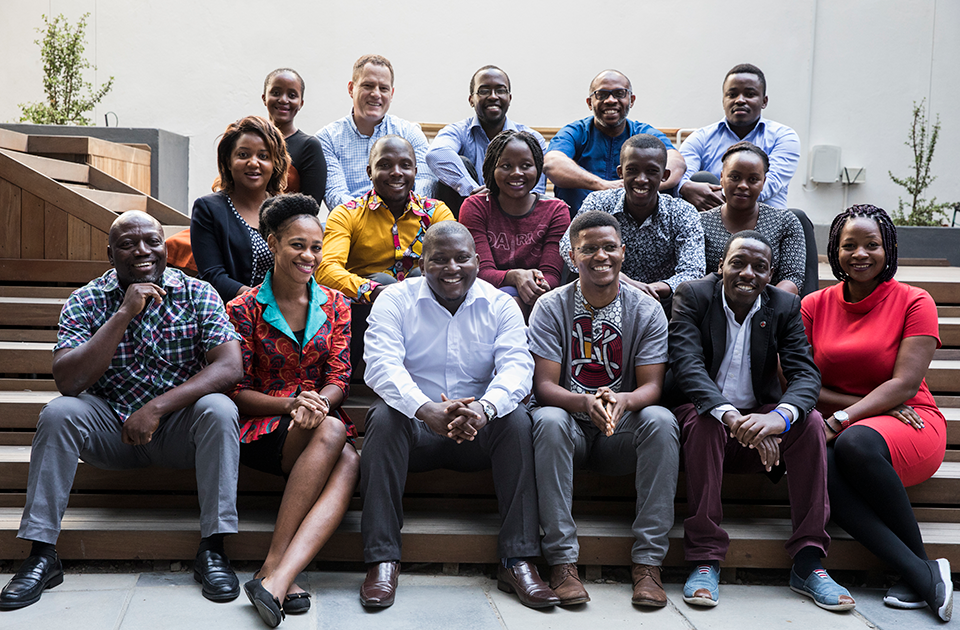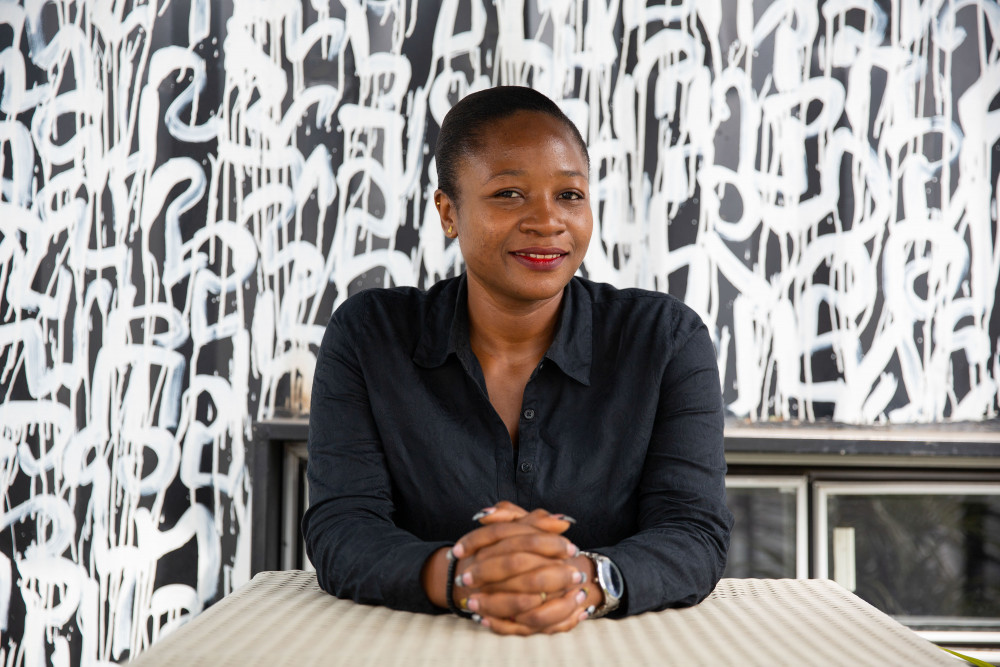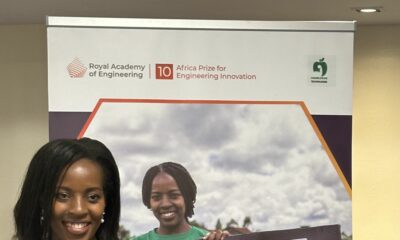News
4 Nigerians, Including First Female, Make Africa Prize for Engineering Innovation Shortlist
The Royal Academy of Engineering has released the shortlist for the 2019 Africa Prize for Engineering Innovation.
Elizabeth Kperrun becomes the first Nigerian woman to make the shortlist since the prize’s inception in 2014.
Elizabeth, a business graduate, developed Zenafri, a series of mobile apps that teach toddlers and young children basic numeracy and literacy in their own language.
Teseem, the first app, teaches toddlers their first words and numeracy in vernacular languages such as Hausa, Igbo, Yoruba and Swahili. When children get old enough to follow story lines, Afrotalez narrates original stories based on traditional African folklore, with an educational element added in.
Kperrun is one of four Nigerians on this year’s shortlist. The shortlist comes from six countries, with five female engineers among them.
In 2017, Godwin Benson became the first Nigerian to win the prize. Benson is the founder of Tuteria, an online platform that links students to qualified tutors in their area and within their budget.
The Africa Prize provides a unique package of support, including funding, comprehensive business training, bespoke mentoring and access to the Academy’s network of high profile, experienced engineers and business development experts.
As well as the chance of winning up to £25,000, each of the 16 shortlisted engineers will develop skills that last a lifetime, and become part of a growing community of talented African engineers working to accelerate socio-economic development through business.
After seven months’ mentoring and training, four finalists will be selected from the shortlist. In June 2019, the finalists will present their businesses to judges in front of a live audience in Kampala, after which one winner will receive £25,000, and three runners up will be awarded £10,000 each.
The shortlisted candidates and technologies are:
- 3-D-3-P Industrial dryer, by Professor Dele Sanni from Nigeria – an industrial food dryer that dries grain for livestock feed faster, and increases the nutritional value of food stocks
- Baby Delivery Kits, by Muzalema Mwanza from Zambia – disposable, affordable and comprehensive equipment that helps midwives deliver babies safely
- Chanjoplus, by Collince Oluoch from Kenya – an online platform that tracks immunisation data, helping health workers ensure all children are vaccinated
- Elo-cart, by Kenneth Guantai from Kenya – a battery powered system that recoups energy from motion to self-power hand carts, used by traders, farmers and health workers
- Hybrid five-axis machine tool, by DrLukas du Plessis from South Africa – a hybrid machine tool that increases productivity, but costs less than traditional machine tools to manufacture
- JuaKaliSmart, James Ochuka from Kenya – an online platform that connects “JuaKali”, or informal artisans, directly to their customers
- KAOSHI, by Chukwunonso Arinze from Nigeria – an online platform that exchanges currencies peer-to-peer, cutting costs and waiting periods
- Majik Water, by Beth Koigi from Kenya – a technique for harvesting water from the air to provide a new source of affordable, clean drinking water for off-grid communities
- Pelebox Smart Lockers, by Neo Hutiri from South Africa – secure temperature-controlled lockers that eliminate medication queuing time for patients
- Sign-IO, by Roy Allela from Kenya – a smart-glove that tracks and translates sign language movements into speech in real time
- Smart Brooder, by George Kimani from Kenya – the system that takes the guess work out of poultry farming, automating heating systems according to animals’ ages
- Smart Havens Africa, by Anne Rweyora from Uganda – a combination of technologies that help women acquire their first homes affordably and sustainably
- SolarKoodo, by Safiatou Nana from Burkina Faso – a solar irrigation system that uniquely caters for semi-arid areas where precision and efficiency are essential
- The Vertical Farm, by Paul Matovu from Uganda – a ‘farm-in-a-box’ for urban areas, using urban waste to grow high yielding plants
- WellNewMe, by Dr Obi Igbokwe from Nigeria – an algorithmic approach to proactively identifying people at risk of contracting non-communicable diseases
- Zenafri, by Elizabeth Kperrun from Nigeria – an app that teaches toddlers basic language and numeracy skills in their native tongue























